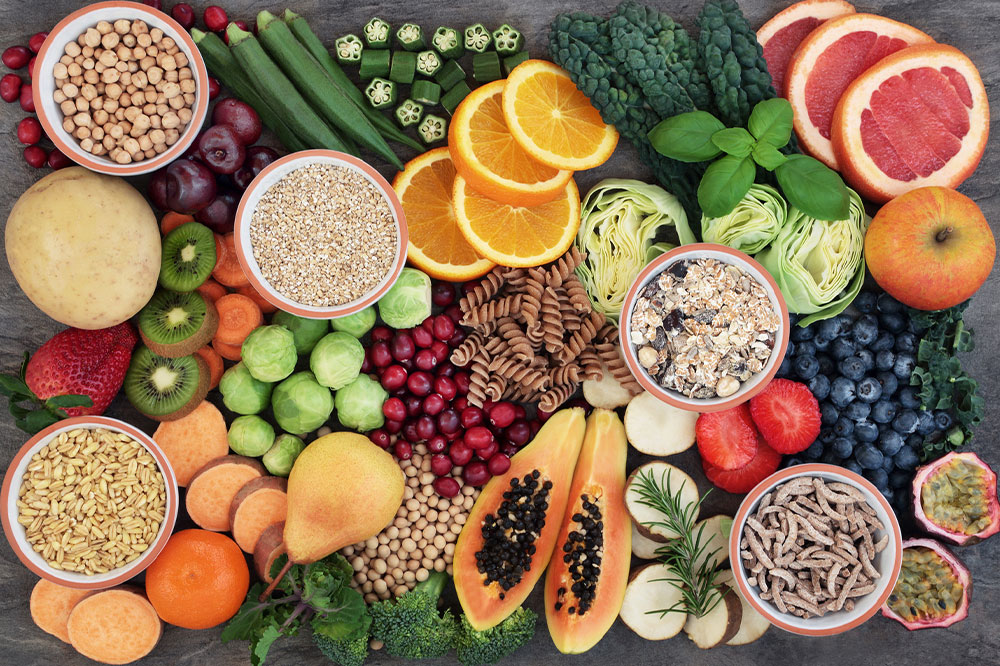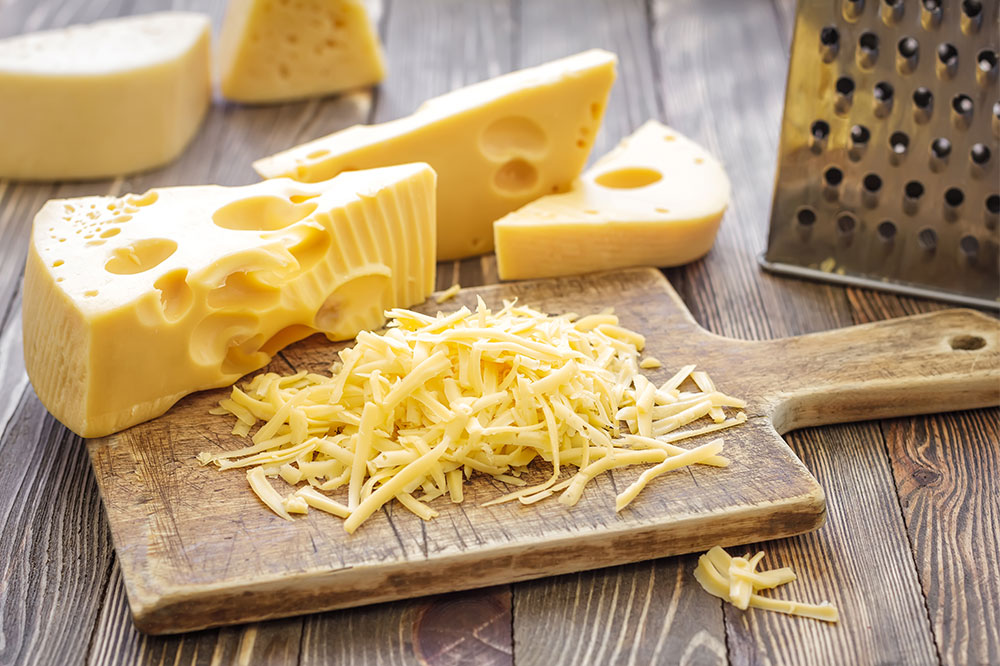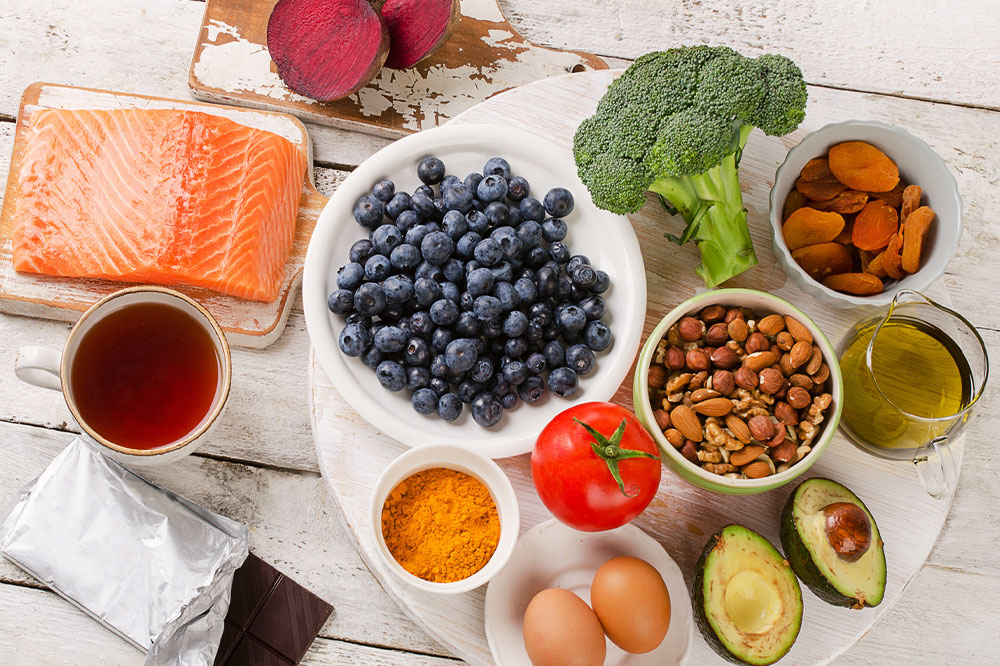Nutritional Strategies to Support Parkinson’s Disease Management
Explore dietary strategies to support Parkinson’s disease management. Focus on foods rich in omega-3 fatty acids, levodopa, and antioxidants to help reduce symptoms, slow disease progression, and improve overall neurological health. Consult healthcare providers before making dietary changes.

Nutritional Strategies to Support Parkinson’s Disease Management
Parkinson’s disease is a progressive neurological disorder characterized by symptoms like tremors, rigidity, and impaired movement. While medications are vital for managing the condition, incorporating specific foods into your diet can help alleviate symptoms and promote overall brain health. This article explores key foods that may aid in managing Parkinson’s symptoms and support neurological function.
Fat-rich Fish Consuming foods high in omega-3 fatty acids is beneficial for Parkinson’s patients. Fish such as salmon, sardines, and mackerel provide omega-3s that may slow disease progression, reduce nerve inflammation, and support healthy brain communication. Besides neurological benefits, omega-3s contribute to cardiovascular health and may lower the risk of cognitive decline associated with Parkinson’s.
Levodopa-rich Legumes Fava beans contain high levels of levodopa, a compound used in Parkinson’s medications. Consuming such legumes can support symptom management and potentially slow disease progression, though they should not replace prescribed treatments. They may also improve motor functions in affected individuals.
Foods Rich in Antioxidants Including antioxidant-rich foods in your diet can combat oxidative stress caused by free radicals, which damage brain cells and other tissues. Berries, leafy greens, nuts, and spices like turmeric are excellent sources of antioxidants. Incorporating these into meals supports overall health and may help slow neurodegeneration.










